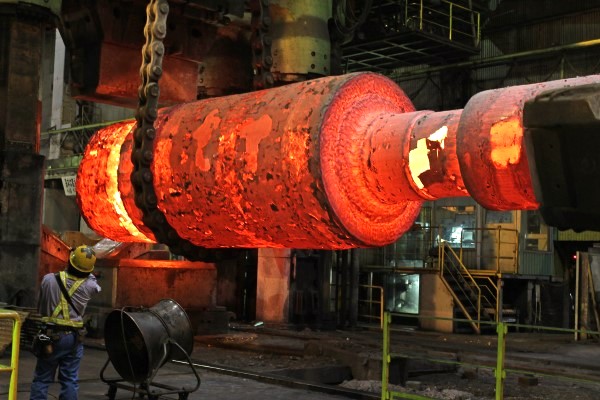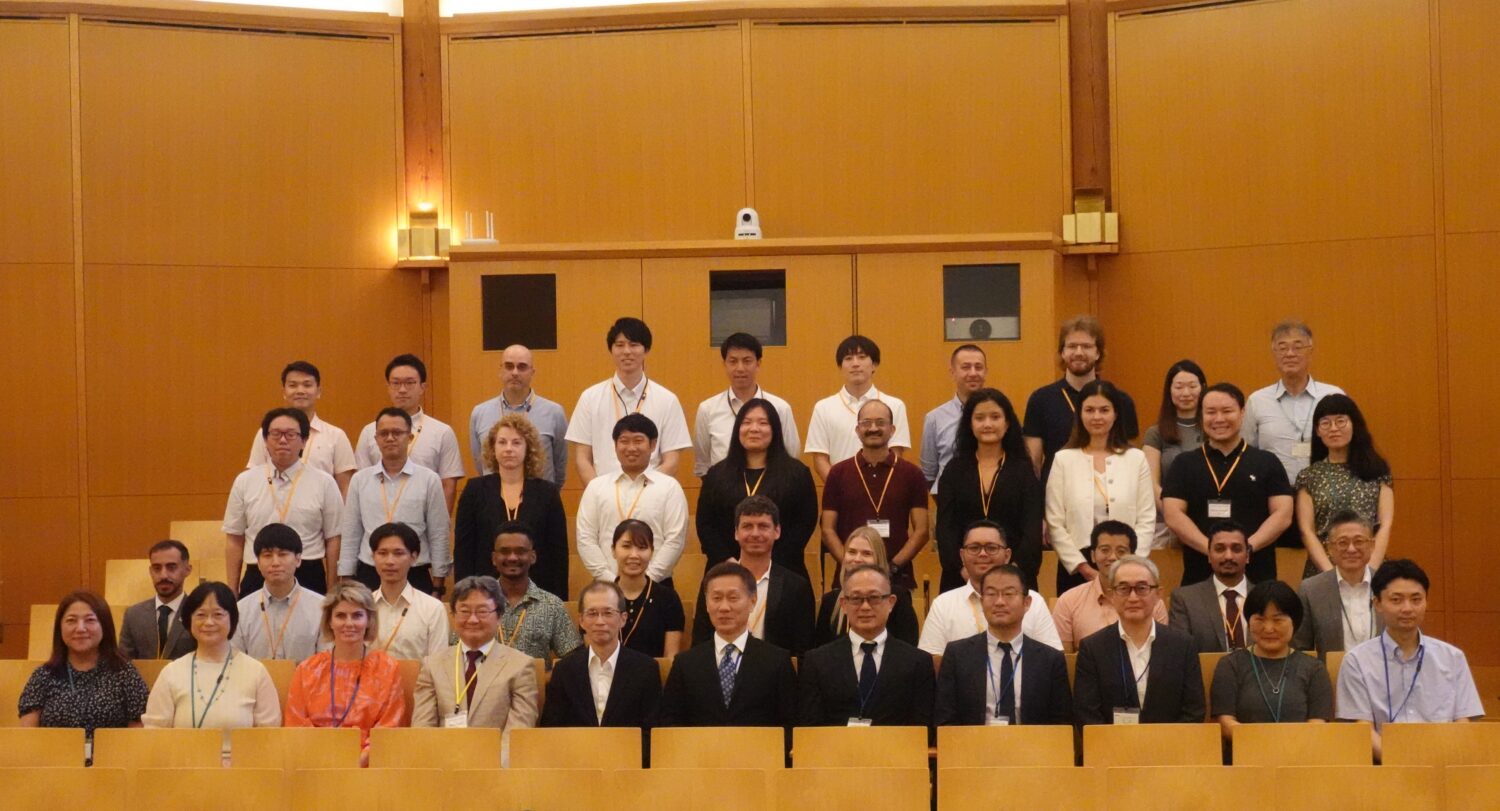Following a report on activities during the past year, participants discussed three subjects, including the accumulation and analysis of data useful in the development of nuclear human resources. Also, they took up the coverage of nuclear power and radiation in school textbooks as a topic related to fostering next-generation human resources,.
JAIF President ARAI Shiro, who chairs the Steering Committee of JN-HRD Net, delivered an opening address. He first referred to the national policy of “maximum use of nuclear power”—recognizing it as a power source that contributes to energy security while being highly effective toward decarbonization, together with renewable energies—which is included in the basic policy aimed at implementing the country’s green transformation (GX) approved by the Cabinet on February 10.
He asked the participants to renew their common recognition toward the resolution of issues involved in nuclear human resource development, and said that he hoped cross-sectional activities among organizations would become “even more meaningful.”
Regarding the gathering and analysis of data useful in the development of nuclear human resources, representatives the Japan Atomic Energy Relations Organization (JAERO) presented the results of an annual public opinion poll on nuclear energy taken among men and women aged 15 to 79. The latest poll, conducted in 2021, found that young people to be more positive about using nuclear power than older generations.
Regarding the education of next-generation human resources, SUGIMOTO Jun, a former professor at Kyoto University and chair of the textbook investigation working group at the Atomic Energy Society of Japan (AESJ), talked about a series of investigations into elementary and junior-high school textbooks aimed at improving contents related to energy, the environment, nuclear energy, and radiation.
A total of 17 reports have been released since 1996, whenever textbooks were revised or the like, although the grades and subject areas differed. Based on the results, AESJ has made proposals to the Ministry of Education, Culture, Sports, Science and Technology (MEXT), textbook publishers, and others.
Sugimoto cited the example of an investigation into high-school textbooks that went into use in FY2022; the results of the investigation were released last summer. The working group looked at 11 subjects in the areas of geography and history, civics, science, health and physical education, home economics and industry, and covered 72 textbooks.
For the new subject “public” (created within civics), AESJ proposed explaining the advantages and disadvantages of renewable energies, and suggested including stability, safety, and the environmental impacts of energy supply within the social-science subject area.
As for studying the use of nuclear energy specifically—given that there would be so many points to cover, which could not be fully done within any one subject area and that “subjective and interactive learning” would be possible, as advocated in the government’s new course guidelines—the report calls for a new approach to helping students via cross-sectional learning among different subject areas by employing self-investigation, debate, observation, and experiments.
Sugimoto also said that a report by the working group had been taken up by the mass media. As for AESJ’s future activities, he talked about opportunities to exchange opinions with teachers at schools and those who are responsible for writing textbooks at publishing companies.















